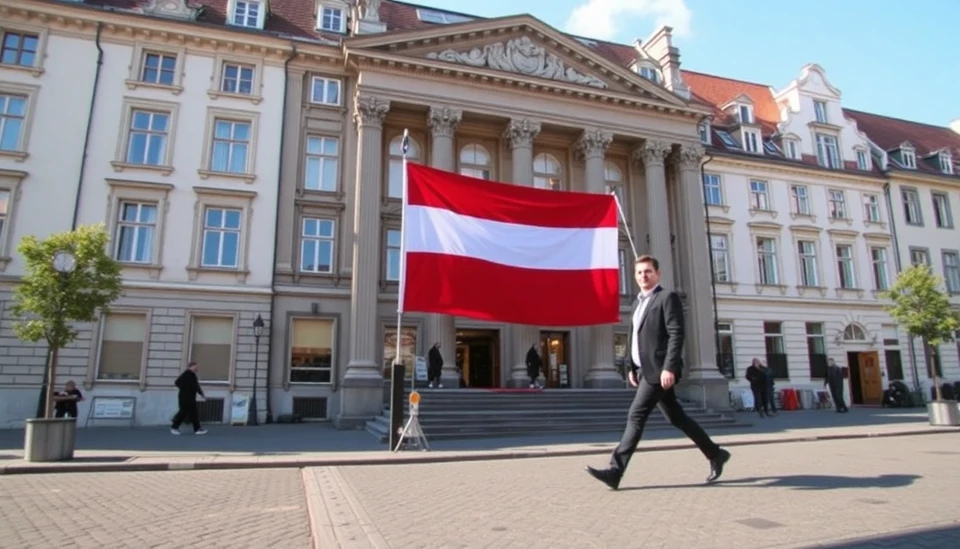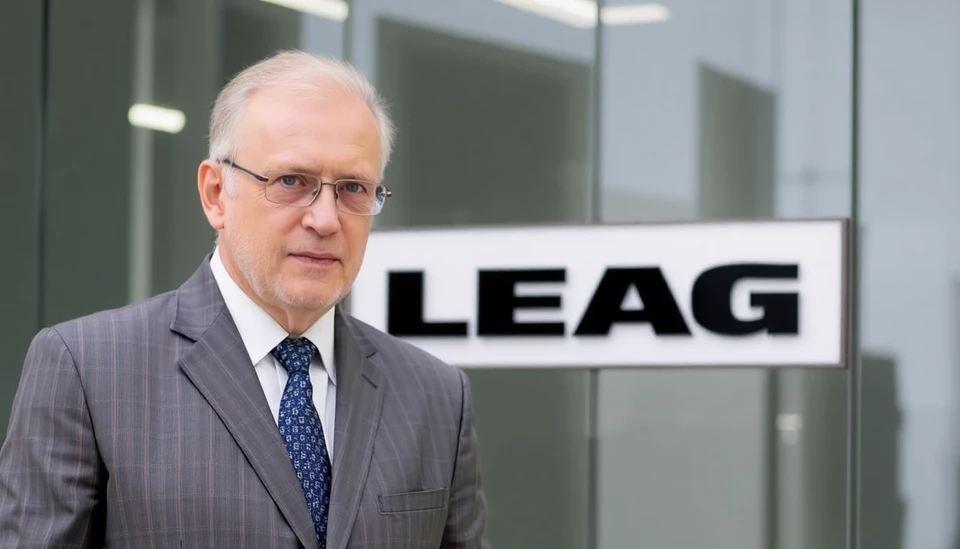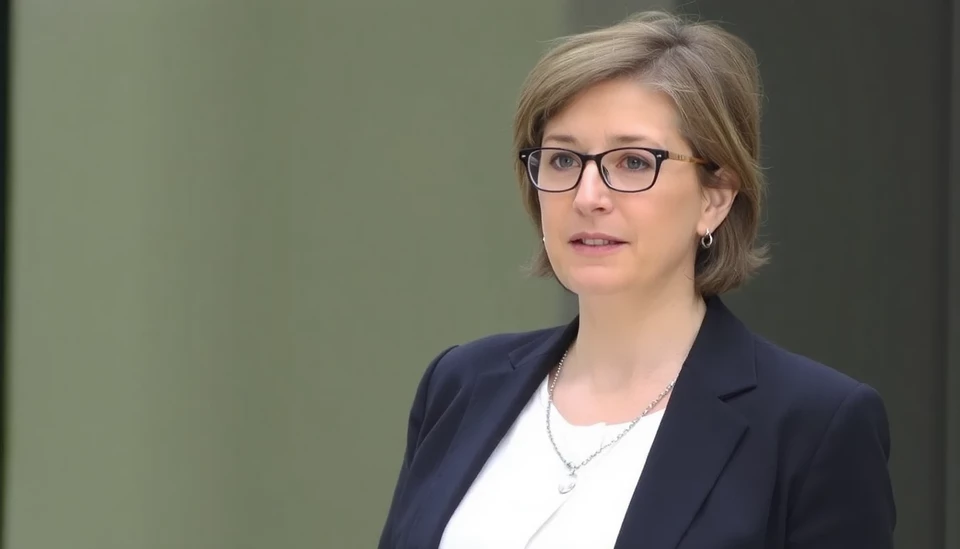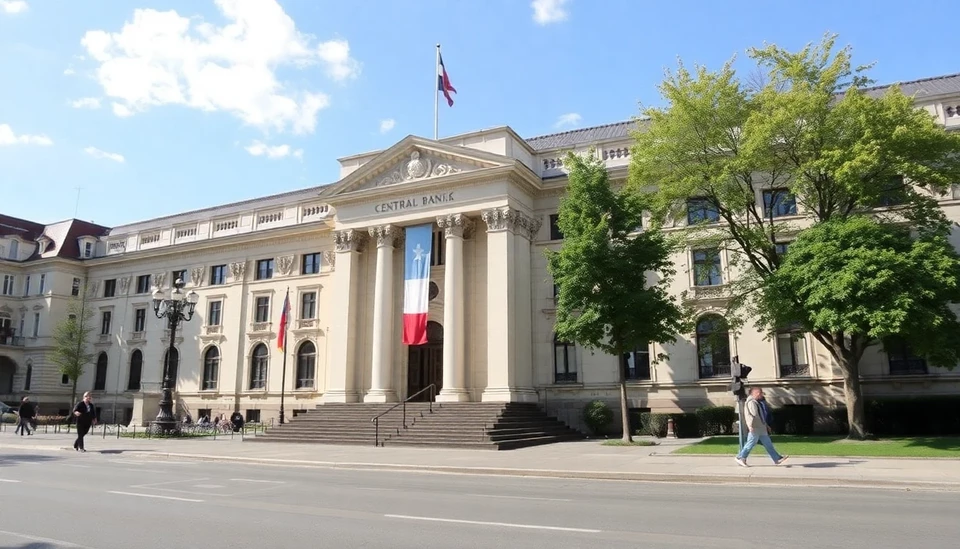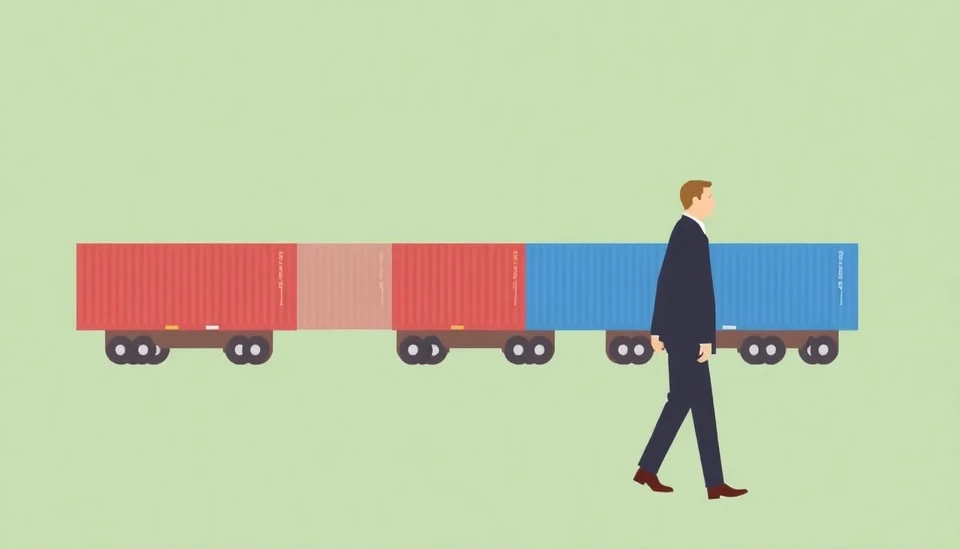
A recent release of minutes from a Czech central bank meeting has revealed that policymakers are increasingly worried about the inflationary risks associated with tariffs. This worry stems from a broader global context in which rising tariffs could adversely impact consumer prices. The discussions highlight the intricate balance central bankers must maintain when considering both domestic economic growth and external pressures.
During the meeting, which took place in early April, members of the Czech National Bank (ČNB) elaborated on the potential repercussions that increased tariffs on imports could have on inflation rates in the country. With tariffs rising around the globe, the policymakers underscored that higher costs for imported goods could trickle down to consumers, thus exacerbating existing inflation issues that the bank is keen to monitor.
The sentiment in the meeting reflected a broader anxiety not just localized to the Czech Republic but echoed throughout the European Union, where multiple economies are facing similar pressures. The minutes revealed that while some members expressed optimism regarding inflation stabilizing in the short term, others argued that external factors, like tariffs, could create significant unpredictability and potentially stifle economic growth.
Czech officials have pointed out that even modest increases in tariffs could reshape pricing strategies and expectations among local businesses, leading to a sustained rise in consumer prices if not addressed. This signifies a prerequisite for the ČNB to closely observe global trade policies, particularly in relation to key partners such as the United States and China, who are at the forefront of imposing tariffs.
The context of inflation in the Czech Republic has been a contentious topic, with many citizens feeling the pressure at the grocery store and beyond. Policymakers are now faced with the challenge of managing expectations while considering potential interventions that could prevent runaway inflation due to external tariffs. Their deliberations reveal a tension between fostering an environment conducive to growth and ensuring price stability.
This situation is compounded by the ongoing geopolitical tensions and trade disputes around the world, which have resulted in fluctuating levels of tariffs that could disrupt supply chains and affect overall economic activity. As the ČNB continues to navigate these complex waters, its decisions will have far-reaching implications not only for the Czech economy but also for the region as a whole.
The upcoming months will be crucial as the central bank prepares for its next rates meeting, and analysts are looking to see if these tariff concerns will compel any shifts in policy. The proactive stance taken by the ČNB could be pivotal in shaping an economic landscape marked by resilience against inflationary pressures fueled by global trade dynamics.
Given these developments, it is evident that the focus on tariffs will remain a central theme in ongoing discussions surrounding economic policy and inflation management in the Czech Republic.
#CzechRepublic #Tariffs #Inflation #CentralBank #EconomicPolicy #TradeDisputes #ConsumerPrices
Author: Laura Mitchell

